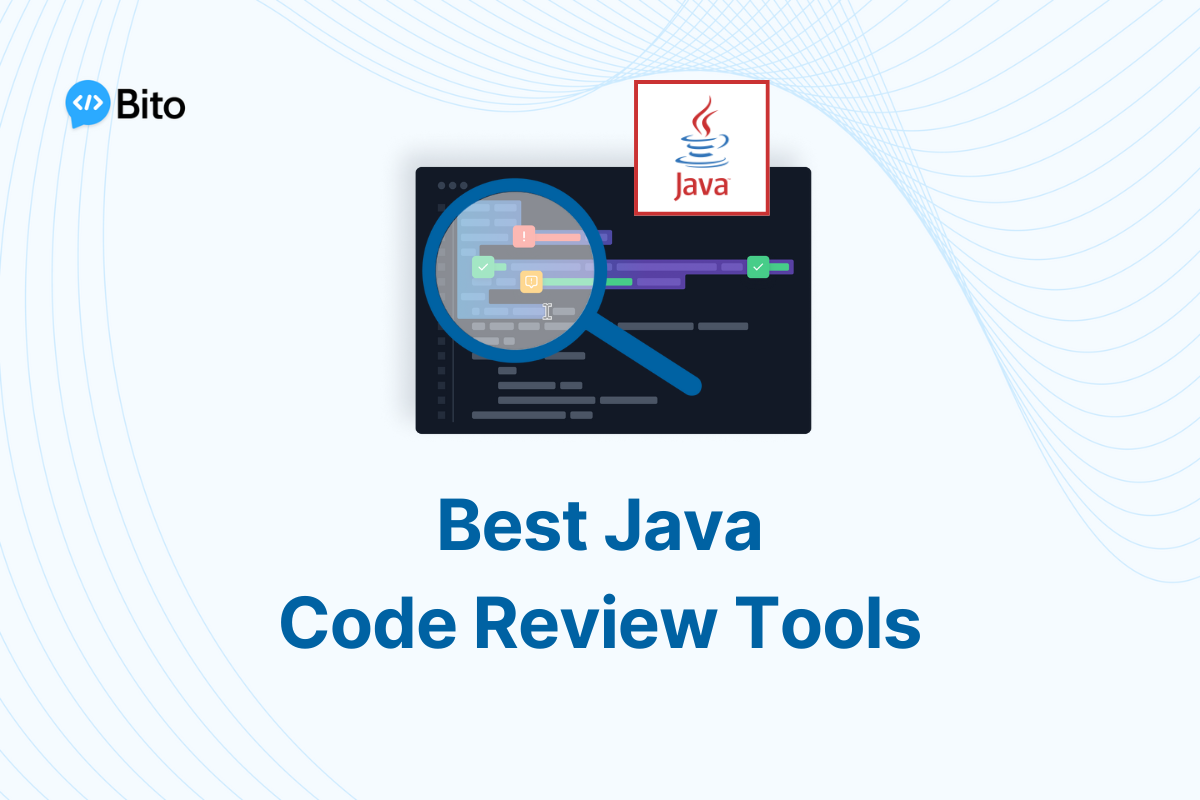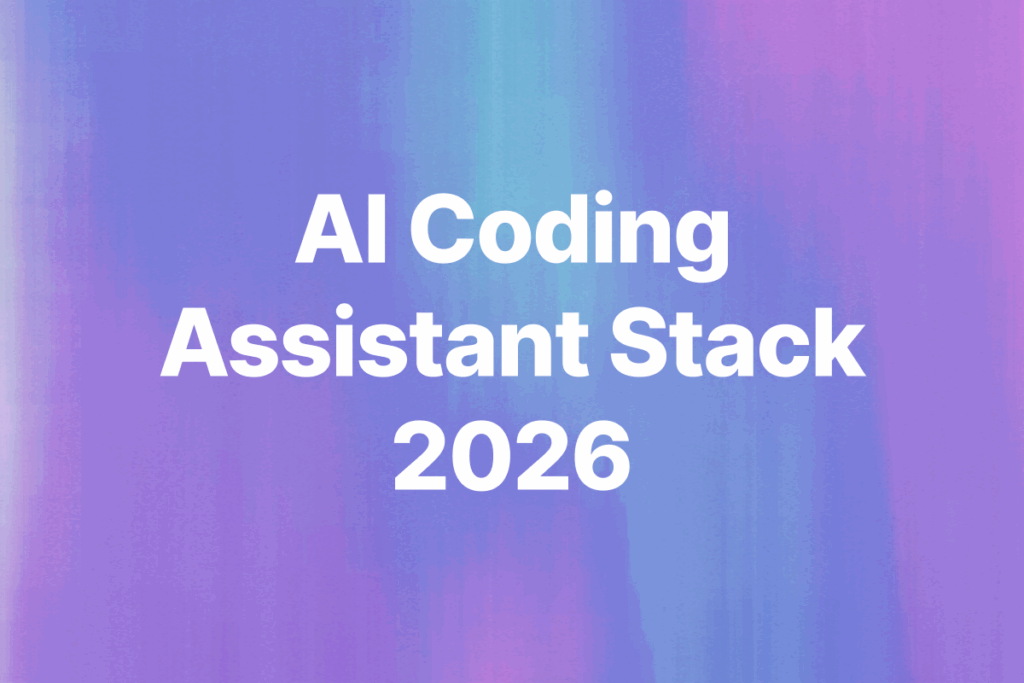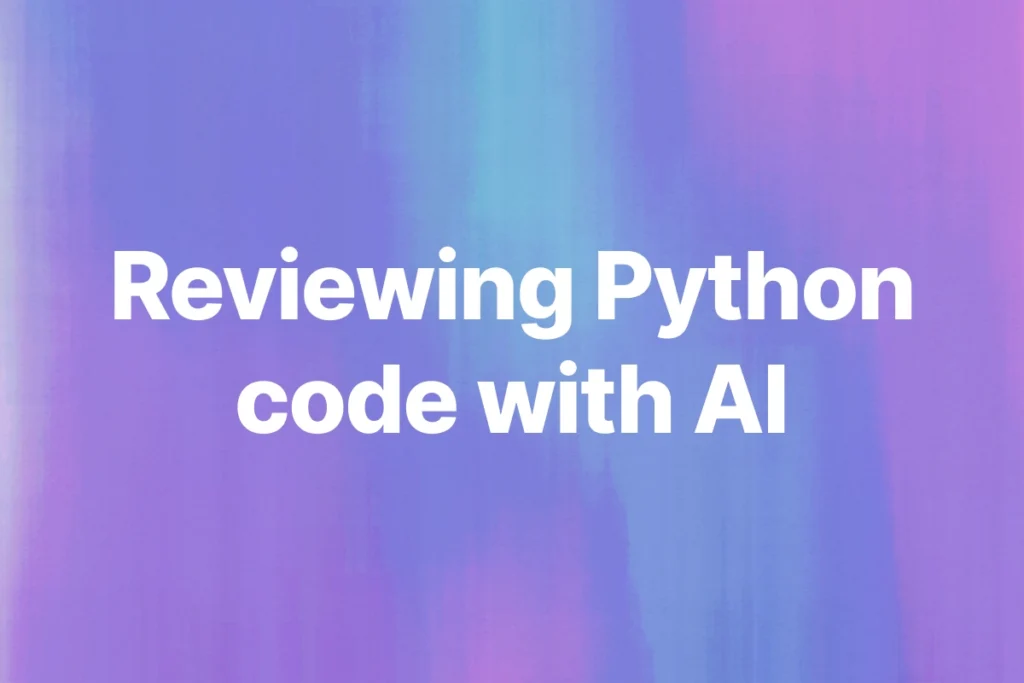Code reviews are critical to maintaining code quality, ensuring best practices, and catching issues early in the development cycle. For Java developers, it’s a key part of the workflow to ensure the longevity and readability of their codebase.
However, manual code reviews can be time-consuming and error-prone, especially when managing large codebases or working under tight deadlines.
That’s where Java code review tools come into play.
Java code review tools are revolutionizing the way developers review code, making the process faster, more efficient, and more accurate. These tools can catch subtle issues, suggest improvements, and even offer insights that might be overlooked in a manual review.
In this article, we’ll explore the best Java code review tools that can help you write better code, save time, and avoid common pitfalls.
1. Bito’s AI Code Review Agent
Bito’s AI Code Review Agent is a powerful tool that provides context-aware code reviews by understanding your entire codebase. It’s particularly helpful for Java developers who want a deep, AI-driven review experience that goes beyond just syntax or style checks.
Key Features:
- AI code review: Assesses security, performance, scalability, optimization, impact on existing features, code structure, and coding standards.
- Entire codebase understanding: Bito’s AI understands the entire project context, not just the file being reviewed.
- Context-aware suggestions: Provides more relevant feedback based on the specific project and coding standards.
- PR summary: Quick, comprehensive overviews of pull requests.
- Automated change list: Categorizes and lists changes in a pull request, making it easy to track key updates.
- Tailored code suggestions: Precise, line-specific improvement suggestions.
- Static Code Analysis: In-depth analysis with tools like fbinfer and Sonar.
- Security vulnerability check: Uses tools like OWASP Dependency-Check for detecting severe security flaws.
- Pre-PR reviews: Available in IDEs (VS Code and JetBrains) to help developers get instant feedback before even opening a pull request.
- Seamless Git integration: Easily integrates with GitHub, GitLab, and Bitbucket for streamlined PR reviews.
2. CodeRabbit
CodeRabbit is designed for both individual developers and teams. It uses machine learning to provide deep insights during the review process and helps developers catch security vulnerabilities early.
Key Features:
- AI-assisted code suggestions: Improves code readability and suggests potential fixes.
- Automated security checks: Identifies vulnerabilities in the code.
- Pull request integration: Works directly in GitHub and GitLab PRs for easy collaboration.
3. Qodo Merge (formerly Codium PR-Agent)
Qodo Merge offers an AI-powered review process that focuses on quality and code standardization. It’s ideal for teams looking to enforce coding standards and reduce technical debt over time.
Key Features:
- AI-driven PR reviews: Automatic reviews with intelligent suggestions for improving code quality.
- Custom rule sets: Allows teams to define specific coding standards for their projects.
- Multi-language support: Besides Java, it supports multiple languages, making it versatile for teams working in polyglot environments.
4. SonarQube
SonarQube is a popular static analysis tool that integrates well into CI/CD pipelines. While it’s not fully AI-driven, it provides deep insights and recommendations to help improve code quality over time.
Key Features:
- Static code analysis: Scans for code smells, bugs, and security vulnerabilities.
- CI/CD integration: Works seamlessly with Jenkins, GitLab CI, and other tools.
- Customizable rules: Offers flexibility in defining quality gates for the project.
5. DeepCode
DeepCode uses AI to review code for vulnerabilities and suggest improvements. It’s known for its fast analysis and ability to process large codebases efficiently.
Key Features:
- Real-time feedback: Instant code reviews with AI-powered suggestions.
- Security-focused: Detects potential security risks and code issues before they become problematic.
- Cross-platform integration: Works across multiple platforms like GitHub, Bitbucket, and GitLab.
6. Crucible
Crucible by Atlassian is a well-known tool for peer code reviews. While it doesn’t rely on AI, its collaborative features make it a great option for teams that prioritize thorough manual reviews.
Key Features:
- Peer collaboration: Enables real-time discussions and feedback on code reviews.
- Integration with Jira: Seamlessly integrates with Jira for issue tracking.
- Code coverage insights: Helps teams focus on improving test coverage during reviews.
7. Checkmarx
Checkmarx focuses heavily on security, providing static code analysis to detect vulnerabilities in the code. Its AI-driven engine enhances security reviews for Java applications.
Key Features:
- Security-focused: Identifies vulnerabilities early in the development process.
- Automated scans: Runs scans automatically in CI/CD pipelines.
- Compliance checks: Helps ensure that your code complies with industry security standards.
8. Codacy
Codacy is a cloud-based tool that provides automated code quality and security analysis. It’s great for teams looking for a quick and efficient way to manage code reviews.
Key Features:
- Customizable static analysis: Offers over 40 static analysis tools, including coverage for Java.
- Code patterns detection: Identifies code patterns that don’t comply with the set standards.
- Integration with popular tools: Works with GitHub, GitLab, Bitbucket, and more.
9. Embold
Embold is an AI-driven tool that not only reviews code but also prioritizes critical issues, helping developers focus on what matters most.
Key Features:
- AI-powered issue prioritization: Highlights the most critical issues that need immediate attention.
- Anti-pattern detection: Identifies patterns in the code that could lead to future problems.
- Wide language support: Besides Java, Embold supports several other programming languages.
10. PMD
PMD is a static code analysis tool that focuses on detecting common issues such as unused variables, empty catch blocks, and unnecessary object creation.
Key Features:
- Comprehensive rule sets: Detects a wide range of code issues, including common coding pitfalls.
- Custom rule writing: Teams can write their own rules to fit their specific needs.
- IDE plugins: Integrates with IDEs like Eclipse and IntelliJ IDEA for instant feedback.
Conclusion
Each of these tools brings something unique to the table, helping developers improve their code quality and catch issues early.
However, if you’re looking for a solution that truly understands your codebase and provides insightful, context-aware suggestions, Bito’s AI Code Review Agent stands out as the best option. It not only helps you speed up the review process but also ensures that your code adheres to best practices while minimizing errors.
Whether you’re working in a large team or coding solo, integrating Bito into your workflow will significantly improve your productivity and the quality of your Java applications.






